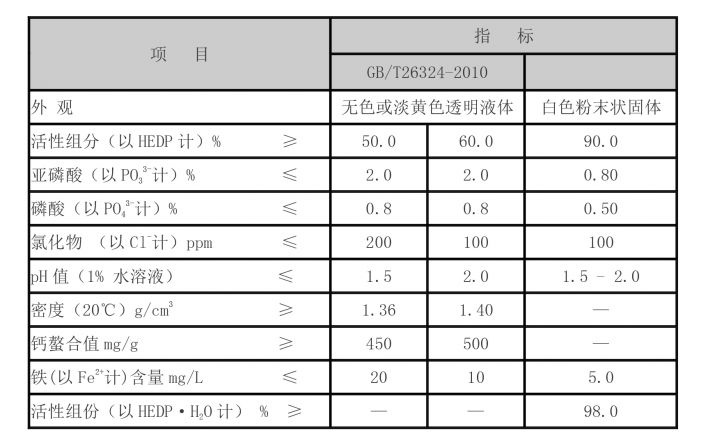Understanding the Role of Flocculants in Water Treatment Processes and Applications
Flocculant Chemicals An Essential Component in Water Treatment
Flocculant chemicals play a crucial role in water treatment processes, helping industries and municipalities to purify water and manage waste efficiently. These substances facilitate the aggregation of fine particles in liquid, forming larger clusters known as flocs. This process, known as flocculation, significantly enhances the removal of suspended solids, organic matter, and microorganisms from water, making it safer for consumption and discharge.
The mechanisms by which flocculants operate involve both physical and chemical processes. They are typically high molecular weight polymers that can be either natural or synthetic. Natural flocculants include materials like starch, alginates, and chitosan, while synthetic options often consist of polyacrylamides and other similar compounds. The selection of a particular flocculant depends on the specific water quality requirements and the types of contaminants present.
One of the primary applications of flocculant chemicals is in municipal wastewater treatment plants. Here, they enhance primary clarification processes by promoting the rapid settling of solids. This not only accelerates the purification process but also minimizes the volume of sludge that needs to be handled and disposed of. Additionally, flocculants are vital in drinking water treatment, where they help in the effective removal of turbidity and pathogens, thus ensuring safer drinking water.
flocculant chemical

Moreover, flocculants are extensively used in various industrial applications. For instance, in mining operations, they aid in the recovery of valuable minerals from tailings, reducing environmental impact and improving yield. They are also pivotal in the paper industry, where they assist in fiber recovery and improve the quality of the final product.
Environmental considerations are becoming increasingly important in the formulation and use of flocculants. Many industries are now seeking biodegradable options to minimize their ecological footprint. Innovations in flocculant chemistry, including the development of eco-friendly alternatives, hold promise for achieving effective water treatment solutions while preserving environmental integrity.
In conclusion, flocculant chemicals are indispensable in maintaining water quality across various sectors. Their ability to enhance sedimentation processes not only improves operational efficiency but also contributes significantly to public health and environmental sustainability. As technology evolves, the continued exploration of new and improved flocculants will be essential in meeting the modern challenges of water treatment and management.
-
Pbtc Scale InhibitorPBTC: A Scale Protector for Industrial Water TreatmentNewsAug.05,2025
-
Organic Phosphonate: An Efficient Defender in the Field of Scale InhibitionNewsAug.05,2025
-
Hydrolyzed Polymaleic Anhydride: Green Pioneer in Scale Inhibition FieldNewsAug.05,2025
-
PAPEMP Polyamino Polyether Methylene Phosphonic Acid For SaleNewsAug.05,2025
-
Flocculant Water Treatment: A Pioneer in Purification in the Field of Water TreatmentNewsAug.05,2025
-
Benzyl Isothiazolinone: An Efficient and Broad-Spectrum Antibacterial Protective GuardNewsAug.05,2025





